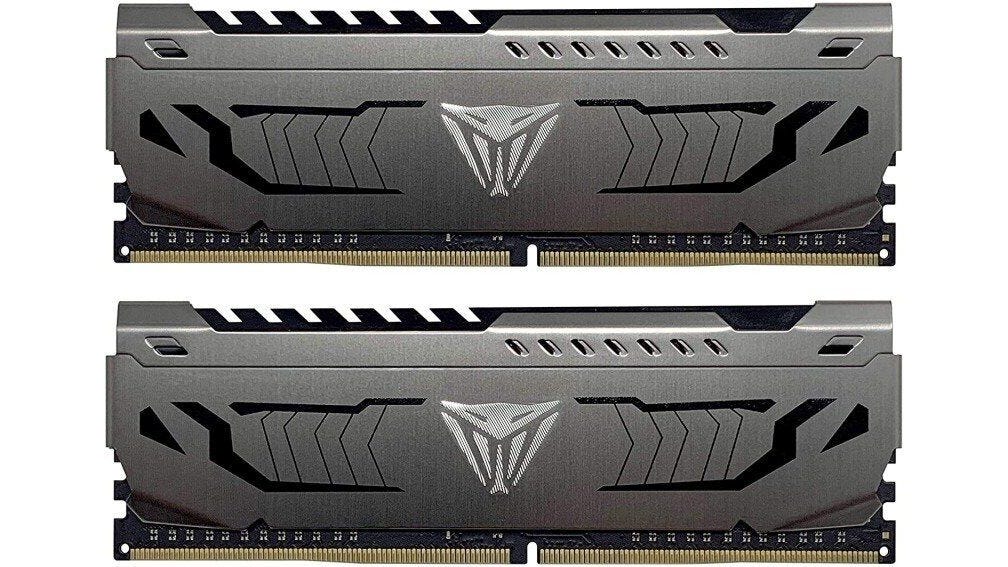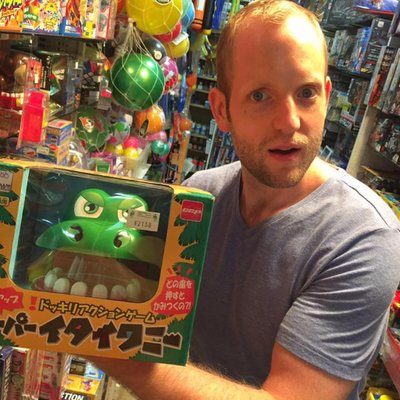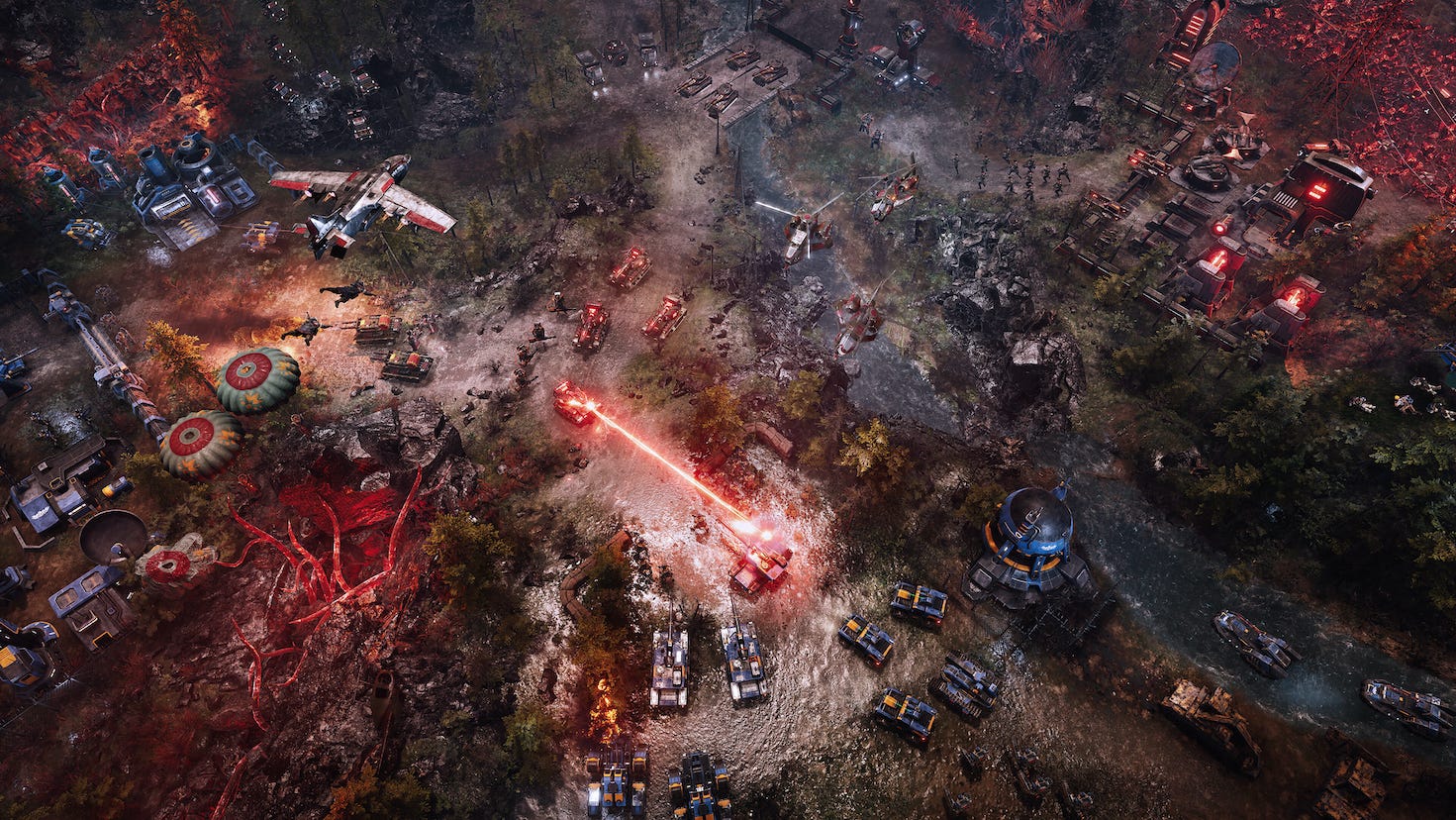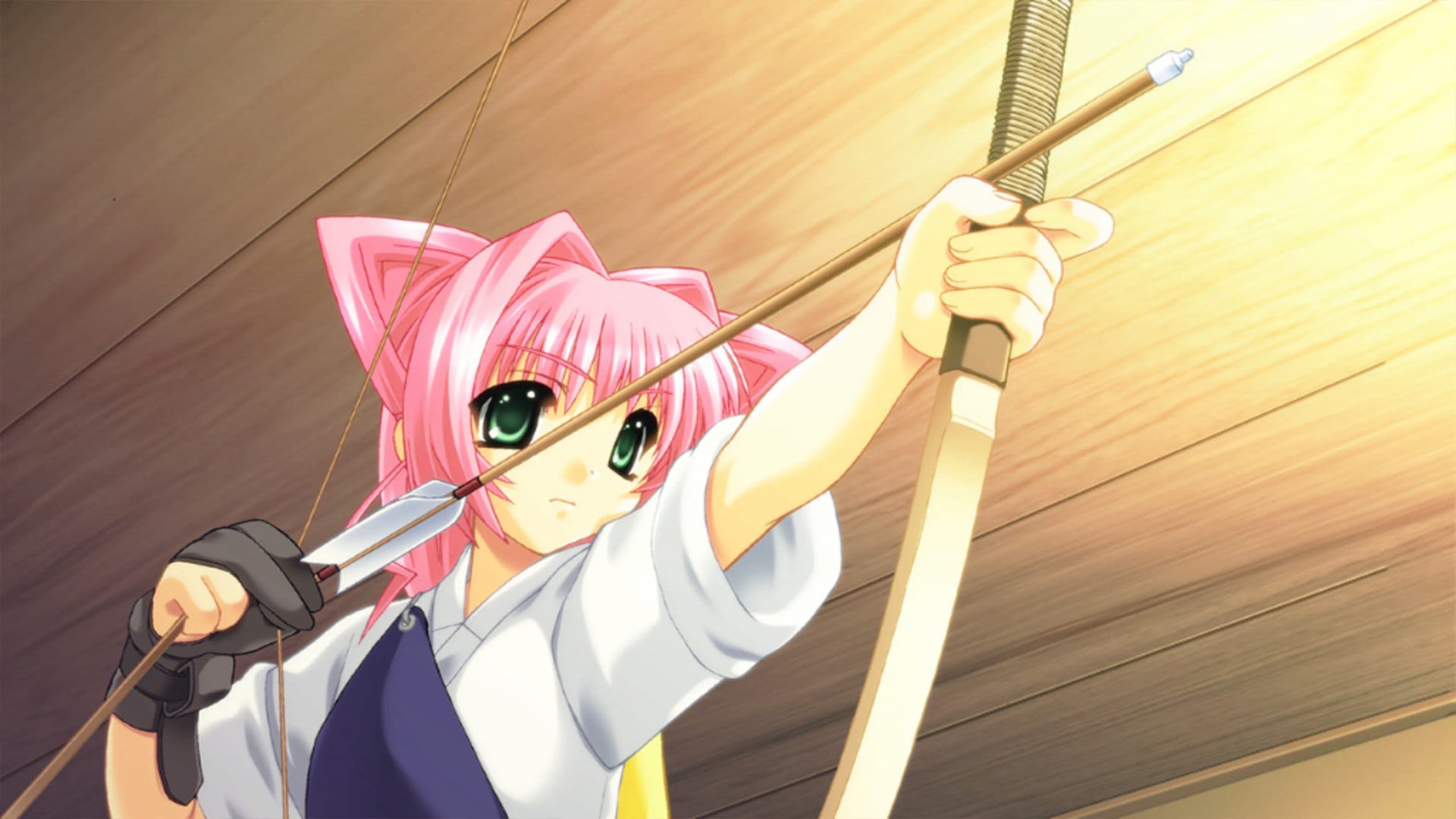Lifeweaver is the latest hero coming to Overwatch in Season 4 dropping April 11th. As his name alludes to, Lifeweaver is the newest Support hero addition. Finally, another support. Here’s everything you need to know about Lifeweaver’s kit before Overwatch Season 4 launches.
Lifeweaver is definitely more of a utility based healer. He isn’t the strongest healer on the roster, especially since his big burst of healing takes a few seconds to charge up, but his actual abilities are his strongest suit that will aid his team in winning big fights.
Weapons:
Healing Blossom: Hold to charge a healing burst of 65 or you can fire individual bursts for minimum healing if you need the speedy recovery.
Thorn Volley: Switch to an alternate fire to fire an SMG like spread of projectiles. Distanced firing isn’t as great for this since it does have a bigger bloom.
Abilities:
Petal Platform: platform thrown on the ground that will lift anyone up when stepped on
Rejuvenating Dash: Dash the direction you’re moving and get a slight boost of health
Life Grip: Pull an ally to your direction, horizontally and vertically and give them a slight bubble when they get pulled
Passives:
Parting Gift: When you die, you drop a health boost that heals the first enemy or ally who picks it up
Support: Heal over Time
Ultimate:
Tree of Life: Summon a spiritual tree that instantly heals allies in pulses and continues to do so until it runs out
There will be so many useful ability synergies between Lifeweaver and his other teammates. It’ll be interesting to see how Lifeweaver will be played, especially in ranked. We’ll be sure to keep you updated on more Overwatch 2 Season 4 news as soon as it drops.








